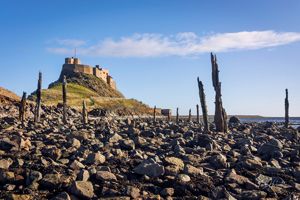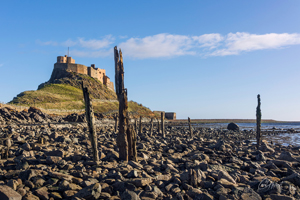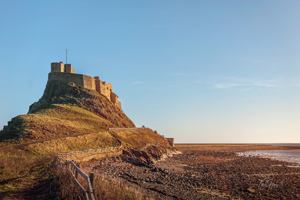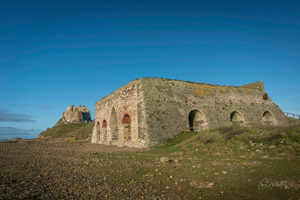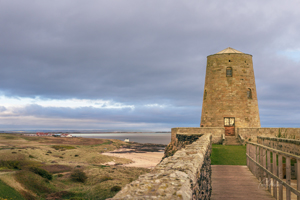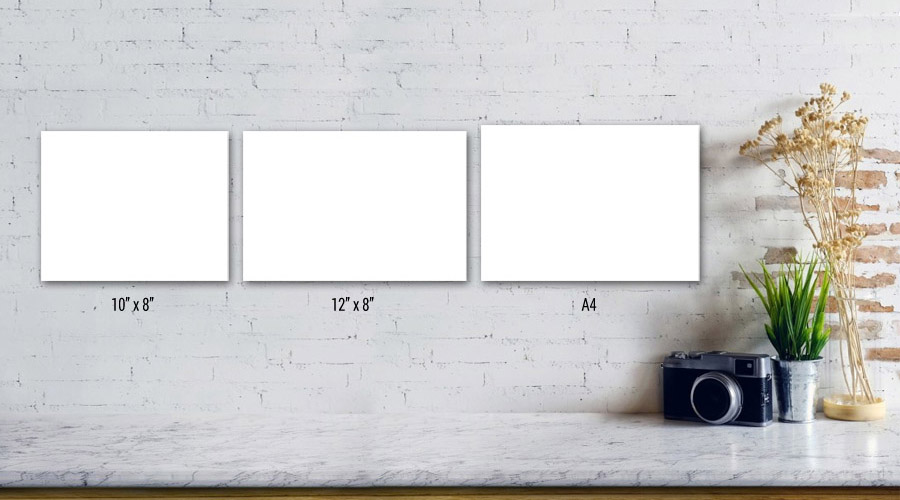
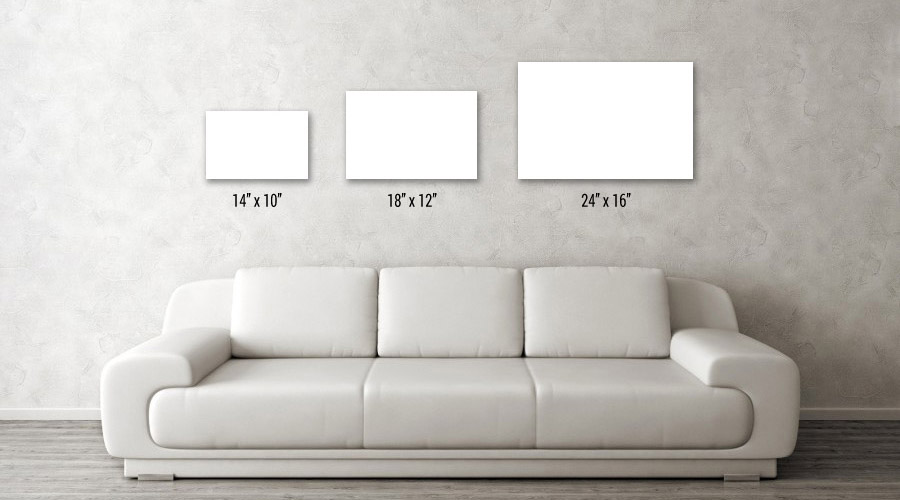

Lindisfarne Wooden Stakes Framed Wall Art Print
Lindisfarne Wooden Stakes Framed Wall Art Print
Finding the perfect piece of wall art can be challenging – glare from lighting, poor-quality materials, or difficulty with framing can all take away from the beauty of a print. This high-quality framed photographic print is designed to solve those problems, offering a premium, ready-to-hang solution that enhances your space effortlessly.
Printed on 200gsm Enhanced Matte Art Paper, this piece delivers exceptional colour accuracy, rich tones, and sharp detail. The smooth-textured, fine matte finish ensures a reflection-free display, making it ideal for rooms with bright or changing lighting conditions. The natural white base enhances contrast without the artificial sheen of glossy papers, preserving a professional, gallery-quality look.
The handmade, all-wood frame is built for durability and style, with a flat, square profile available in six colour options to complement your decor. It comes complete with a precision-cut, 2.4mm thick acid-free board mount, ensuring your print remains well-preserved and presented to the highest standard.
Say goodbye to distracting reflections with the innovative Moth-Eye Glaze. This next-generation anti-reflective coating significantly reduces glare from multiple angles, allowing you to enjoy the full depth and detail of your artwork in any lighting. Inspired by the unique structure of moth eyes, this cutting-edge glaze minimises light reflection while also repelling oil and fingerprints, keeping your print clean and clear with minimal maintenance.
Available in sizes up to 24" x 16", this Lindisfarne Wooden Stakes wall art is a hassle-free way to bring high-quality, beautifully framed photography into your home. Whether you're looking to brighten up a living room, bedroom, or office, this ready-to-hang piece ensures a flawless and elegant display.
The use of acid-free papers and archival inks ensures that your print will last a lifetime without fading or loss of color.
A winter afternoon on the rocky beach below Lindisfarne Castle on Holy Island, Northumberland (commonly referred to as just 'Lindisfarne') showing the rotten wooden stakes on the shoreline. Despite my efforts I cannot find out who put them there or why!
On a high outcrop of basalt and visible from miles around, it is not really a castle, but a 20th-century restoration of a Tudor fort created as a holiday home in 1902-3 for Edward Hudson, founder of Country Life magazine.
The first part of the fort to be built was an earthen bulwark, but it wasn't until the reign of Elizabeth I between 1565-1571 that proper defences were built in stone, using material from the ruins of nearby St Cuthbert's Priory. Lindisfarne Castle saw action only once, in 1715, when it was seized by supporters of James Stuart, the Old Pretender, although it was soon surrendered to government forces.
Holy Island itself is a tidal island joined to the mainland by a long causeway which is only accessible at low tide.
To reduce the load on mobile data the image has been uploaded at a reduced dpi, which may affect how some detail is displayed. All images are printed at 300dpi or higher. Depending on the calibration of your screen, image colours and brightness may appear less vibrant than the actual print.

